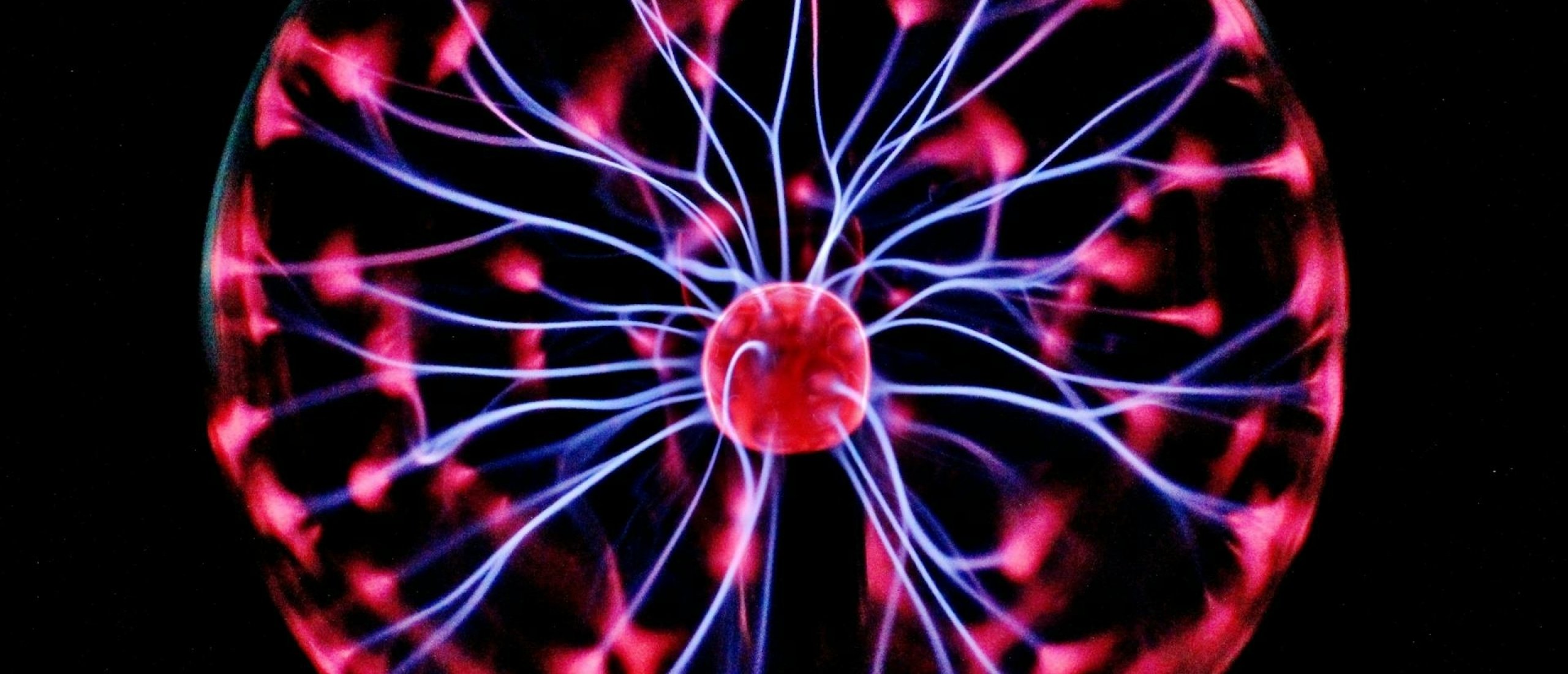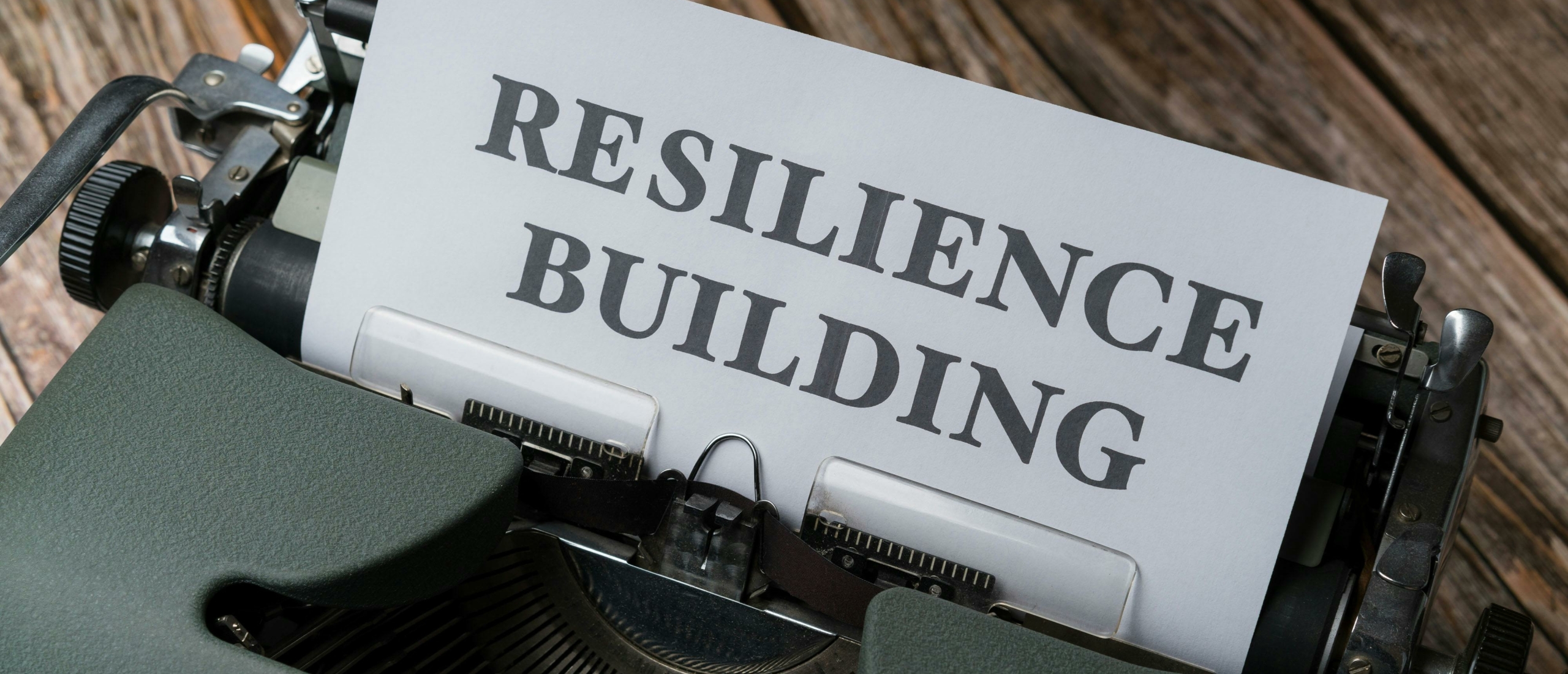
Short Answer
Stress makes you tired even after sleeping because it keeps your body’s stress system switched on. Chronic activation of stress hormones like cortisol and adrenaline disrupts deep, restorative sleep and drains your energy reserves at the cellular level. The result: you wake up unrefreshed, even if you’ve been in bed for 8 hours.
Stress and the Body’s Energy System
When you face a stressful situation, your body activates the “fight-or-flight” response: adrenaline surges, cortisol rises, and your body mobilizes energy to help you react quickly.
In the short term, this is useful. But when stress becomes chronic, your system doesn’t fully switch off. Cortisol remains elevated, your heart rate stays higher than normal, and your brain remains alert. This constant activation burns through energy resources, leaving you exhausted.
Stress and the Brain’s Alert System
Stress doesn’t just act through hormones like cortisol and adrenaline — it also changes the activity of brain regions that regulate alertness.
- The amygdala (the brain’s threat detector) becomes more sensitive, constantly scanning for danger.
- The prefrontal cortex, which normally calms the amygdala, becomes less effective when stress is chronic.
- The locus coeruleus, a brainstem hub that releases norepinephrine (a “wakefulness” signal), stays more active than it should.
This combination keeps your brain in a state of hyper-alertness — even during the night. The result is lighter, fragmented sleep and a feeling of mental fatigue the next day.
Sleep Under Stress: Why Rest Isn’t Restorative
Even if you fall asleep, stress changes the quality of your sleep:
- Less deep sleep: Stress reduces the amount of slow-wave sleep, the stage where your body repairs tissues and restores energy.
- More fragmented sleep: Stress hormones make you more likely to wake up briefly during the night, even if you don’t remember it.
- Lighter sleep: You spend more time in lighter stages of sleep, which are less restorative.
The result? You might spend 7–8 hours in bed, but your sleep hasn’t recharged your brain or body.
Stress, Fatigue, and Burnout
This “tired but wired” state is one of the early warning signs of burnout. When your body stays in stress mode too long:
- Energy at the cellular level is depleted (mitochondria produce less ATP).
- Mental fatigue builds up, making concentration harder.
- Emotional exhaustion follows — you feel drained before the day even starts.
Over time, this cycle of stress → poor-quality sleep → daytime fatigue → more stress becomes self-reinforcing.
What Can Help?
The key is not just to “sleep more,” but to address stress directly:
- Wind down the stress response before bed – slow breathing, stretching, journaling, or other parasympathetic-activating routines.
- Build recovery breaks into your day – short pauses reduce accumulated stress so it doesn’t spill into the night.
- Tackle the root causes – workload, lack of control, and poor support at work are major drivers of chronic stress and fatigue.
- Know the warning signs – persistent fatigue despite sleep is often a signal that stress is becoming chronic.
Final Thought
If stress makes you tired even after sleeping, it’s not a sign of laziness — it’s a biological effect of chronic stress on your body and brain. Left unaddressed, it can escalate into burnout.
That’s why it’s vital to recognize the early signs and act — not just with quick relaxation techniques, but by addressing the deeper causes of workplace stress.
At StressInsight, we help individuals and organizations identify and change these root causes — to prevent stress from draining energy and performance.











